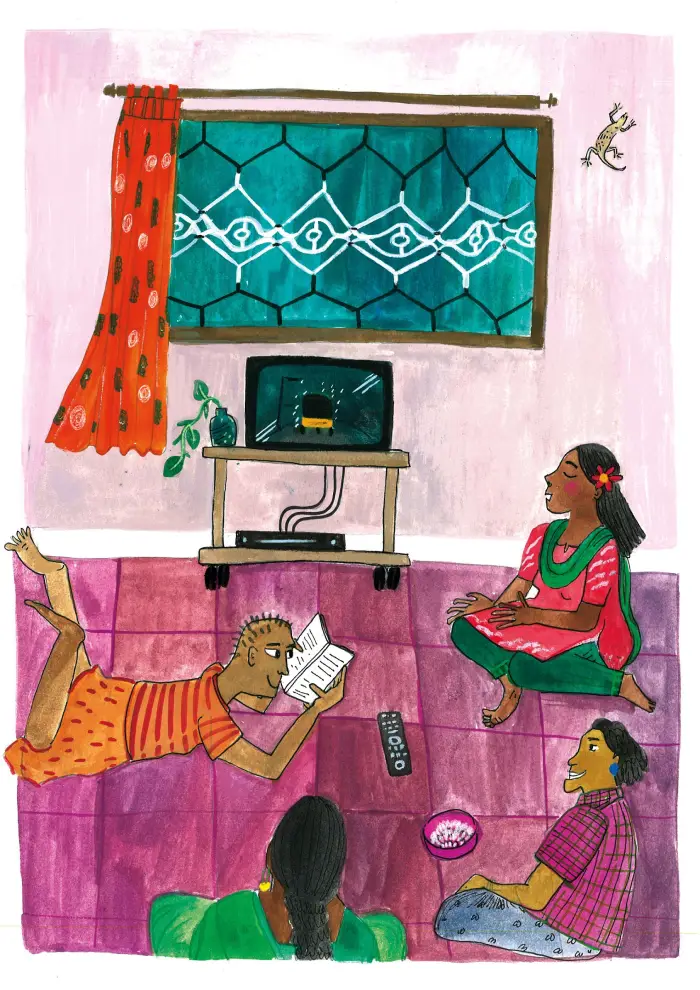Bhairavi's Journey

Bhairavi was just fourteen when she married a man fifteen years her senior. Over the years, she raised four children, buried her eldest son to illness, and endured the deaths of both parents while still a teenager. Loss had trailed her most of her life—but nothing prepared her for what came after her husband’s passing when she was 56.
With his death, Bhairavi was left to shoulder not just her own grief, but also the unraveling lives of her children. Her second son had slipped into alcoholism, neglecting his wife and three children. Her younger daughter faced relentless social pressure for not having children. Financial strain compounded the emotional weight—Bhairavi had taken loans to build a modest home, pawning her jewellery and land to keep up with the interest payments.
When her eldest daughter died of kidney failure, something in Bhairavi broke. Her mental health began to deteriorate, and she sought help from The Banyan. Around this time, a turning point came—Sundari, a community mental health worker from the NALAM program, started visiting Bhairavi regularly.
Sundari’s presence was more than just supportive—it was transformative. She gently encouraged Bhairavi to step back into the world. With Sundari’s help, Bhairavi enrolled in the MGNREGA rural employment scheme, allowing her to earn an income and reconnect with others. Being part of a group, working with her hands, listening and being listened to—these daily acts became small lifelines.
But the stigma Bhairavi faced at home lingered. Her son dismissed her struggles as a “need for attention.” Undeterred, Sundari continued her home visits, patiently working to shift these mindsets and open a door to empathy and understanding.
“I feel relaxed whenever I meet Sundari,” Bhairavi says. “She has been with me since I was utterly helpless during my daughter’s illness. She even found blood donors and came with me to the hospital. The way she talks to me makes me feel better—I see my daughter in her. I share my worries, and she helps me find the courage to move ahead with unfettered strength, even at this age.”
Today, Bhairavi stands not without pain, but with resilience. And in Sundari, she found not just support—but kinship, healing, and a reason to hope again.